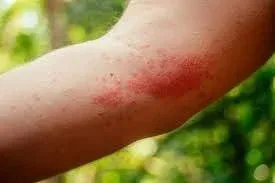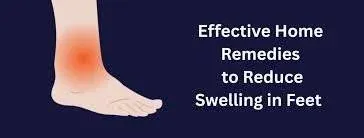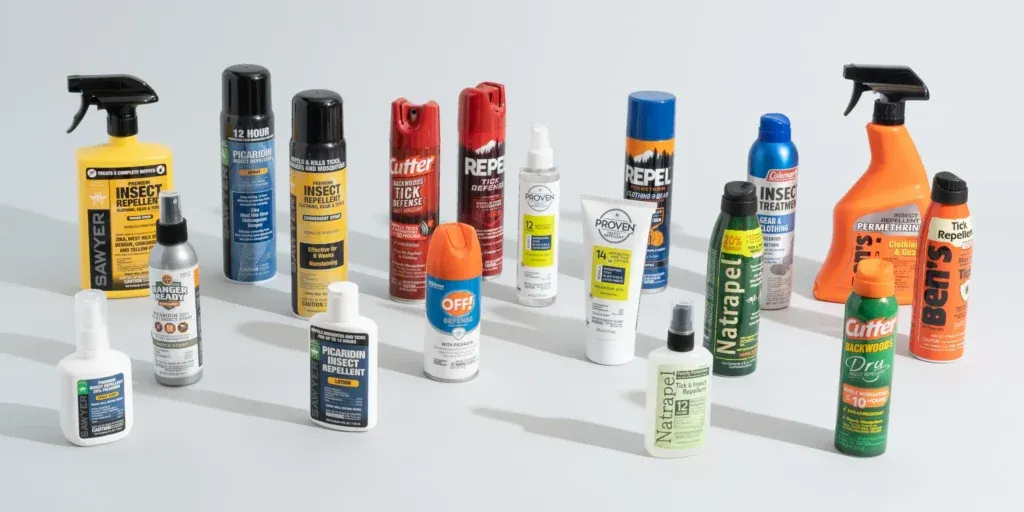Allergic reactions to bites can range from mild itching and redness to severe swelling and even life-threatening conditions. While most insect or spider bites heal without complications, some people experience heightened immune responses that require immediate attention. Understanding the signs, causes, and treatments for allergic reactions to bites can help you act quickly and avoid serious health risks.
Common Causes of Allergic Reactions to Bites
The immune system sometimes overreacts to proteins in an insect’s saliva or venom. Common triggers include:
Mosquitoes
Bees and wasps
Spiders
Fleas
Ticks
In these cases, allergic reactions to bites occur because the body perceives the bite’s foreign substances as a threat, releasing histamines that cause redness, swelling, and itching.
Symptoms to Watch Out For
While mild irritation is normal, signs of allergic reactions to bites may include:
Intense itching
Swelling beyond the bite area
Warmth or tenderness
Rash or hives
Blistering or pus
In rare but serious cases, symptoms such as difficulty breathing, dizziness, or swelling of the face and throat may indicate anaphylaxis, a medical emergency linked to severe allergic reactions to bites.
When to Seek Medical Help
If you experience rapid swelling, chest tightness, or breathing difficulties after a bite, call emergency services immediately. Severe allergic reactions to bites can progress quickly, so time is critical.
At-Home Treatments for Mild Allergic Reactions
For minor discomfort, the following remedies can help:
Cold compresses to reduce swelling
Over-the-counter antihistamines to manage itching
Hydrocortisone cream to ease inflammation
Aloe vera gel for soothing relief
These methods can help reduce discomfort and speed up recovery from allergic reactions without requiring prescription medication.
Preventing Allergic Reactions to Bites
The best approach is prevention. To lower your risk:
Wear protective clothing outdoors
Use insect repellents with DEET or picaridin
Keep windows and doors screened
Avoid areas with high insect activity
By taking these steps, you can minimize your exposure and reduce the chances of allergic reactions to bites.
Natural Remedies for Sensitive Skin
For those who prefer holistic approaches, options like tea tree oil, chamomile compresses, and oatmeal paste can help manage allergic reactions naturally. However, always do a patch test first to avoid worsening symptoms.
Final Thoughts
Allergic reactions can range from mild nuisances to serious health threats. Knowing the symptoms, understanding your triggers, and having a treatment plan ready can make all the difference. Whether you rely on medical care or natural remedies, quick action ensures a faster recovery and a safer outcome.





